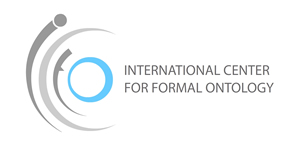CfA: The Warsaw Dialogues in the Philosophy of Physics (23–24 September 2026)
CALL FOR ABSTRACTS The Warsaw Dialogues in the Philosophy of Physics Warsaw University of Technology, 23–24 September 2026 The Warsaw Dialogues in the Philosophy of Physics is a new international conference organized by the Philosophy of Physics Group at the Warsaw University of Technology. The meeting aims to bring together researchers working across the full range of topics in the philosophy of physics and to foster focused discussion in a collegial setting. Confirmed speakers Tomasz Bigaj (University of Warsaw) Eddy Keming Chen (UC San Diego) Eugene Y. S. Chua (Nanyang Technological University) Silvia…continue reading →






